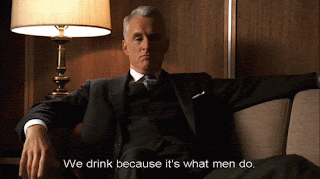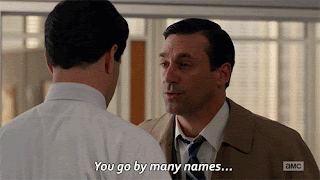I'm happy when i'm working.
[Main clause] subordinating conjunction [subordinate clause]
We drink because it's what men do.
[Main clause] subordinating conjunction [subordinate clause]
[Main clause] subordinating conjunction [subordinate clause]
We decided to keep business, but run it past Detroit, which means Bob gets involved.
[Main clause] cc [main clause] relative pronoun [subordinate clause]
And since this is it...
Please, feel free to leave comments and add corrections, thank you for stopping by.
Move forward.
Please, feel free to leave comments and add corrections, thank you for stopping by.
Move forward.
Source:http://grammar.about.com/od/c/g/coordterm07.htm

















































